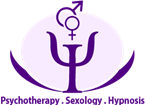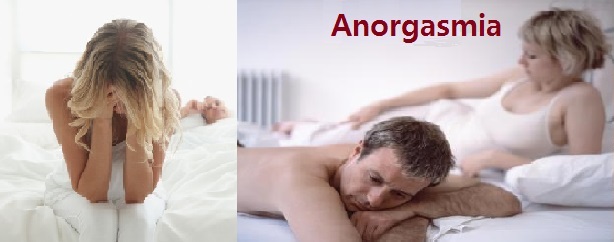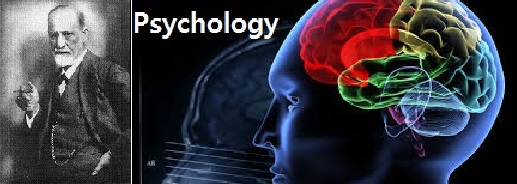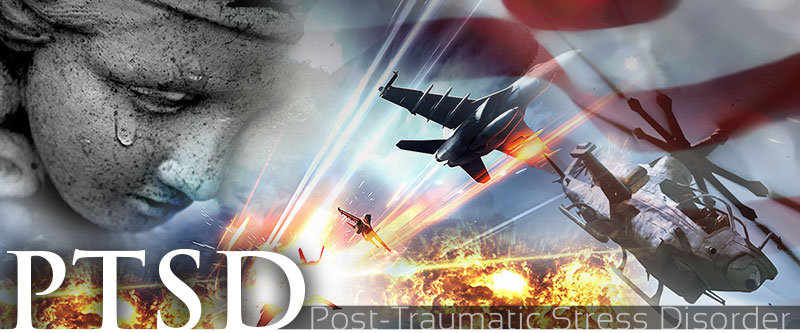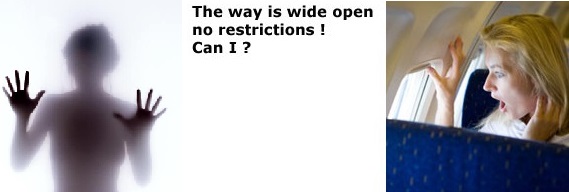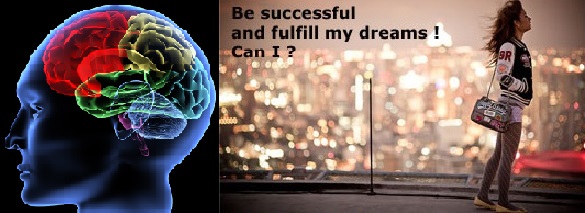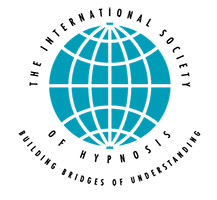
Sexual desire disorder is a psychiatric condition marked by a lack of desire for sexual activity over a prolonged period.
Inhibited sexual desire (ISD) refers to a low level of sexual interest resulting in a failure to initiate or respond to sexual intimacy. ISD may be a primary condition (where an individual has never felt much sexual desire), or secondary (where lack of interest is something new).
ISD may also be specific to the partner, or it may be a general attitude toward any potential partner.
A diagnosis of hypoactive sexual desire disorder refers to a persistent or recurring lack of desire or an absence of sexual fantasies. However, sexual performance may be adequate once activity has been initiated. This disorder occurs in approximately 20 percent of the population and is more common in women, though it does affect both sexes.
Sexual aversion disorder refers to a condition in which the concept of genital sexual contact seems repulsive. This disorder probably occurs less frequently than hypoactive sexual desire.
Symptoms
- Lack of sexual interest
- Causes
- Communication problems
- Lack of affection
- Power struggles
- Lack of one-on-one time for partners to be alone together
- A very restrictive upbringing concerning sex, or negative or traumatic sexual experiences
- Physical illnesses and some medications
- Psychological conditions such as depression or excessive stress may inhibit sexual interest
- Fatigue
- Individuals who were victims of childhood sexual abuse and persons whose marriages are lacking in emotional intimacy are particularly at risk.
Treatments
In most cases, medical evaluation and lab tests will not reveal a physical cause. However, because testosterone is the hormone responsible for creating sexual desire in both men and women, it may be useful to check testosterone levels. For men taking this test, blood should be drawn before 10 a.m., when male hormone levels are at their highest. Interviews with a specialist in sex therapy are more likely to reveal possible causes.
Treatment must be individualized—some couples will need relationship or marital therapy prior to focusing directly on enhancing sexual activity.
Of course, many couples may need to focus on the sexual relationship itself, and through education and assignments they can expand the variety and time devoted to sexual activity.
When problems with sexual arousal or performance are factors, these sexual dysfunctions will need to be addressed.
Prevention
One helpful way to prevent ISD is setting aside time for nonsexual intimacy. Couples who reserve time for one-on-one talking are more likely to experience sexual desire. Also, reserving time before exhaustion sets in will encourage closeness and sexual desire. Couples might mentally separate sex and affection, so that neither one is afraid to be affectionate daily.
Reading books or taking courses in couples communication or massage may also encourage feelings of closeness. For some couples, reading novels or viewing movies with romantic or sexual content may also serve to encourage sexual desire.
Low sexual desire may be a barometer of the emotional health of the relationship. In the case of a loving relationship, low sexual desire may cause a partner to repeatedly feel hurt and rejected, leading to eventual feelings of resentment and promoting eventual emotional distance.
Sex is something that, for most couples, either bonds their relationship or creates a wedge that gradually drives them apart. When one partner is significantly less interested in sex than their companion, professional help is recommended before the relationship becomes strained.
